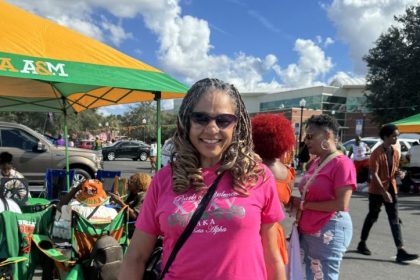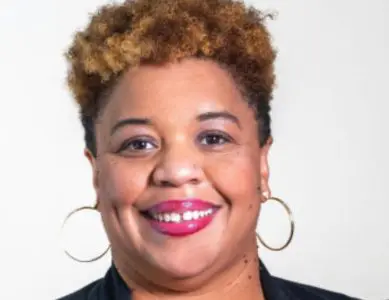Shanna Johnson, FACHE, is the President of Henry Ford West Bloomfield Hospital, joining Henry Ford Health in April 2022.
Johnson leads the 191-bed acute care medical campus in the Metro Detroit suburban area. In her role as president, Johnson works in collaboration with the health system and hospital executive leadership teams and oversees the hospital’s strategic planning and operations. Her focus is on creating a high-quality, safe environment while emphasizing patient, employee, and physician engagement. The West Bloomfield campus redesign and growth of key clinical services are also major priorities.
Johnson is a seasoned executive leader with more than 15 years of experience within complex and matrixed organizations, including national integrated health systems, community, and large academic organizations. She has held many hospital leadership roles and brings experience with multiple service lines and hospital and ambulatory operations. Johnson most recently served as Chief Operating Officer at Ascension St. John Detroit and River District Hospital in St. Clair County. Previously she was at Trinity Health, where she successfully launched Trinity’s Hospital at Home program in two markets, an innovative and national initiative to provide hospital-level care in the home.
A ‘transformational’ leader …
Johnson is a transformational leader who understands engaging all team members through innovation and collaboration. She earned both a Bachelor of Arts in Psychology and a Master of Health Services Administration degree from the University of Michigan. She holds numerous certifications and community leadership roles. Most notably, Johnson is a Fellow in the American College of Healthcare Executive and serving on the ACHE Management Series Editorial Board. She is a member of the Alpha Kappa Alpha Sorority, Incorporated, Leadership Oakland XXXIII, and a board member of the Ronald McDonald House of Detroit, Farmington Family YMCA, Alternatives for Girls, and the Macomb County Chamber.
What are your responsibilities and why did you select your career?
I oversee operations, campus strategy, planning, community relations, and financial performance, to name a few. I wanted to make a difference on a large scale and impact the care delivery system, so that people of color and those on the fringes would be better served.
As a Black woman, what do you consider your superpower(s) to be?
Relatability, intuition, synthesizing and distilling complexity into simplicity, and compassion.
What key skills or qualities make you unique as an African American female leader?
When you scan the profile of leaders in my role, I do not “fit.” The profile has been white, male — and middle-aged to senior. Even when my role is filled by a woman or a Black woman, it is more often someone with a nursing background.
Johnson says, ‘Pace yourself … focus on progress’
What thoughtful or encouraging piece of advice would you give to your younger self?
Pace yourself; you are exactly where you are supposed to be. You are doing an amazing job balancing your home life and work, but self-care is the best gift to yourself. Focus on progress, not perfection. Take time to celebrate milestones, no matter how seemingly small and insignificant. You cannot trip on what is behind you. Learn from your experiences good and bad, and forge ahead without regret! Most importantly, be kind to yourself. Try not to be overly critical. You, too, deserve grace.
Why is it important for women of color to work in leadership roles and decision-making capacities?
Representation matters. Women need to “see” themselves to know that they can and do belong. Diversity improves the quality of a decision, as it affords the consideration of perspectives and views that are arguably shaped by our unique and ‘group’-specific experiences.
Why is it important for more experienced Black women to reach back and help younger women of color?
There are so many lessons learned on our journeys, especially a road traveled that includes obstacles and challenges that may be an impediment to success solely due to race or gender. There are also positive experiences and examples of how being a woman of color has afforded many of us great success and has added value in variable scenarios. Reaching back is necessary to promote inclusion and enable the transfer of knowledge that better positions others to compete where there is competition and to inspire others.













